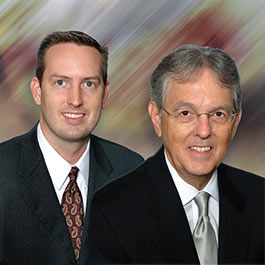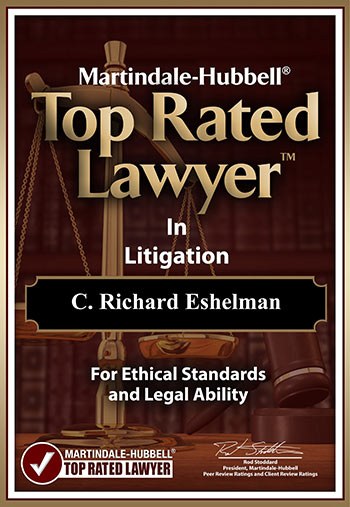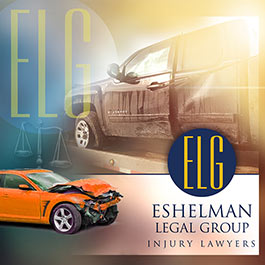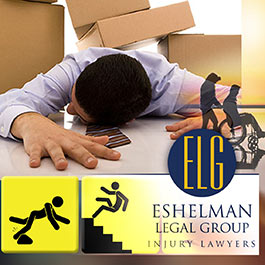OBRA Omnibus Reconciliation Act of 1987
OBRA
Nursing homes are regulated by the federal government under the Omnibus Reconciliation Act of 1987 (OBRA), 42 U.S.C. § 1395 – 1396 (1999). State governments are also involved in the regulation of nursing homes. Under OBRA, state governments are responsible for licensing and certifying nursing homes in their states. In order for nursing homes to receive Medicare or Medicaid, facilities must comply with OBRA provisions.
The primary goal of OBRA is to establish uniform standards for nursing homes and ensure the protection and safety of patients. For example, under OBRA, nursing homes must be inspected annually. Nursing homes are also required to create individualized care plans, reduce the use of chemical and physical restraints, and ensure that staff members are properly trained for special needs situations.
Although OBRA seeks to protect residents in nursing homes, OBRA does not allow nursing home residents to file a lawsuit in order to enforce OBRA regulations. State and federal agencies, however, are able to impose penalties or seek legal action for OBRA violations.
State Legislation
Because states are responsible for licensing and certification of nursing homes, most states have adopted similar provisions found in OBRA. One provision that states have widely adopted is a “Resident Bill of Rights.” A resident bill of rights requires a nursing home to provide certain rights to residents. The rights generally grant residents in nursing homes a right to a dignified existence, self-determination, and access to other persons and services inside and outside the facility. Residents also have a right to be free from coercion, discrimination, interference, and reprisal from the facility. If a nursing home fails to meet these rights, it may be penalized, or have its license revoked.
Some states also have statutes that provide patients various remedies for nursing home malpractice. In Ohio, persons who violate a position of trust or confidence of an incapacitated or vulnerable resident may be liable for actual or consequential damages. Persons may also be held criminally liable.
Call: 1-800-365-0001
The Conclusion
The attorneys at the Eshelman Legal Group understand that no matter how cautious you are, others may not be so careful, and accidents do happen. So we hope you don’t need to, but if you are in a situation where you need the advice of an personal injury attorney, the Eshelman Legal Group is here to help you. For over 40 years we have been assisting accident victims, and we are here to assist you too... because “We’ll make things right.”
Ask yourself this question… who does the adjuster work for? The adjuster works for the insurance company, they do not work for you.
In all matters involving personal injury it is essential that measures be taken promptly to preserve evidence, investigate the accident in question, and file a lawsuit prior to the deadline imposed by the Statute of Limitations. If you or a loved one is a victim of personal injuries, call Eshelman Legal Group LLC, now at 1-800-365-0001. The initial consultation is free of charge, and if we agree to accept your case, we will work on a Contingent Fee basis, which means we get paid for our services only if there is a monetary award or recovery of funds. Don’t delay! You may have a valid claim and be entitled to compensation for your injuries, but a lawsuit must be filed before the statute of limitations expires. The above is not legal advice. That can only come from a qualified attorney who is familiar with all the facts and circumstances of a particular, specific case and the relevant law. See Terms of Use.





